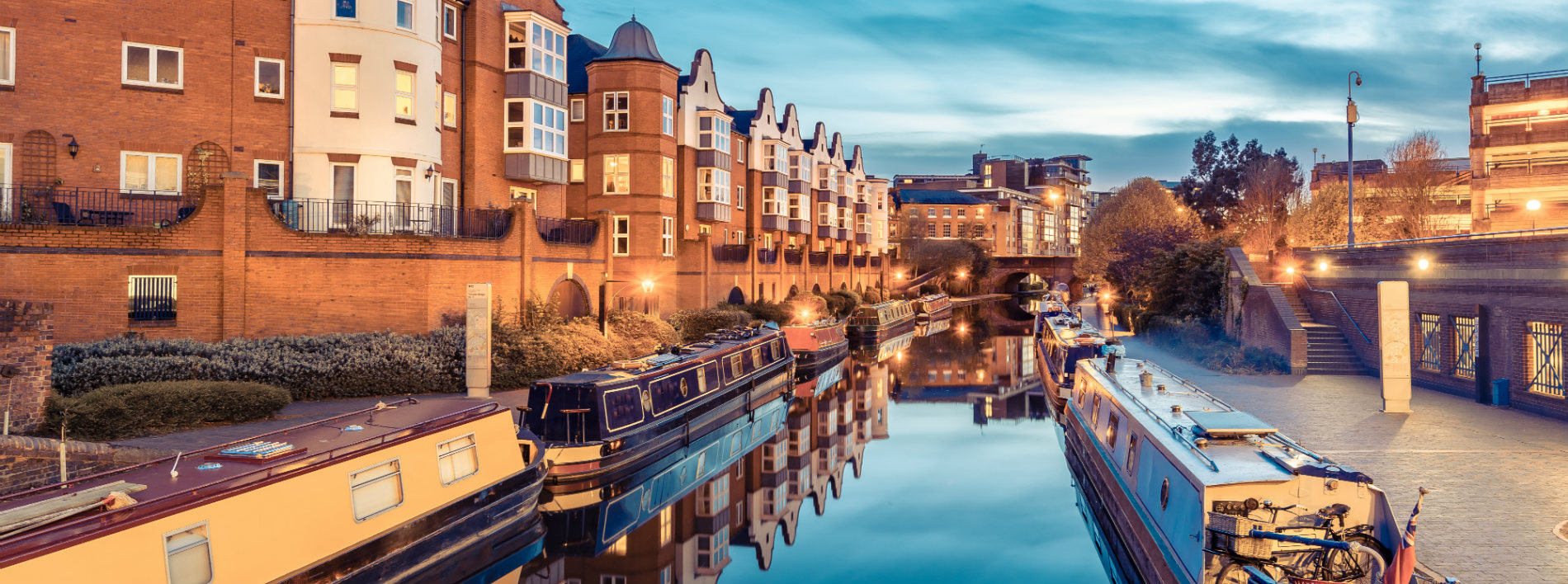What Makes a “Good Area” for First-Time Buyers? [2025 UK Guide]
Buying your first home in the UK? Discover what makes a “good area” for first-time buyers, from schools and transport links to local safety and long-term investment potential.


Why Choosing the Right Area Matters More Than You Think
When you’re a first-time buyer it’s tempting to focus on the property itself—bedroom count garden size or whether the kitchen has an island. But here’s the truth: you can change your home you can’t change its location .
A good area will not only improve your quality of life but can also boost your property’s value over time.
In this guide we’ll break down what makes a “good area” for first-time buyers in 2025 the criteria to check before making an offer and the tools you can use to make an informed decision.
1. Affordability – The Foundation of Any Good Area
For most first-time buyers budget is the biggest deciding factor. Even the “perfect” location won’t help if it pushes you into financial strain.
Key things to check:
Average property prices for your preferred home type (flat terrace semi-detached)
Deposit needed based on your mortgage eligibility
Local council tax bands and service charges (for flats)
Commuting costs if working outside the area
 Tip: Use local market reports from Rightmove or Zoopla to see recent sold prices not just asking prices.
Tip: Use local market reports from Rightmove or Zoopla to see recent sold prices not just asking prices.
2. Transport Links – Your Connection to Work and Life
Even in a hybrid-working world good transport connections can make or break an area’s appeal.
What to look for:
Proximity to train/tube stations with regular services
Reliable bus networks
Major road access for drivers
Travel time to work or key family locations
A home close to reliable transport links often holds value better and attracts more buyers when you decide to sell.
3. Local Amenities – Daily Convenience and Lifestyle
A good area should meet your daily needs without requiring long travel.
Check for:
Supermarkets cafes and essential shops
GP surgeries pharmacies and dentists
Fitness centres parks and green spaces
Entertainment options like cinemas pubs or sports facilities
 Tip: Spend a day in the area—shop locally try a coffee shop and see if it feels like somewhere you’d enjoy living.
Tip: Spend a day in the area—shop locally try a coffee shop and see if it feels like somewhere you’d enjoy living.
4. Safety and Crime Rates – Peace of Mind
Feeling safe in your home and neighbourhood is essential.
How to check:
Use the official UK Police Crime Map (police.uk) to view local statistics
Look at trends over the past 12 months not just one month
Speak to locals about their experiences
Areas with lower crime rates often see stronger long-term property value growth.
5. Schools and Education – Even If You Don’t Have Children Yet
Good schools can make a big difference to an area’s desirability and future property values.
Things to research:
Ofsted ratings for local primary and secondary schools
Catchment area boundaries (these can change yearly)
Availability of nurseries and childcare options
6. Future Development Plans – Growth Potential or Hidden Downsides?
Look at what’s on the horizon—both good and bad.
Check:
Planned infrastructure upgrades (new stations bypasses cycle lanes)
New housing developments (more supply can impact prices)
Council regeneration projects that may boost the area’s appeal
 Tip: Check your local council’s planning portal for approved and pending developments.
Tip: Check your local council’s planning portal for approved and pending developments.
7. Community and Lifestyle Fit – The “Feel” of the Area
The right area isn’t just about stats—it’s about whether you feel at home.
Questions to ask yourself:
Does it match your lifestyle—quiet residential vibrant nightlife or family-friendly?
Are there local events markets or clubs you’d join?
Do you see yourself living here for at least 5–7 years?
8. Resale and Investment Potential – Thinking Ahead
Even as a first-time buyer it’s smart to think about resale value.
Strong indicators of long-term value:
Good transport links
Popular school catchments
Low crime rates
Ongoing local investment and regeneration
WiseNest Quick Checklist – What Makes a Good Area?
 Affordable based on your budget and mortgage eligibility
Affordable based on your budget and mortgage eligibility
 Strong and reliable transport connections
Strong and reliable transport connections
 Essential local amenities within easy reach
Essential local amenities within easy reach
 Safe neighbourhood with low crime rates
Safe neighbourhood with low crime rates
 Good local schools or education access
Good local schools or education access
 Positive future development plans
Positive future development plans
 Lifestyle fit for you and your family
Lifestyle fit for you and your family
 Strong resale and investment potential
Strong resale and investment potential
Final Thoughts
A “good area” for first-time buyers is one that balances affordability convenience safety and long-term value . The right choice will not only make your first years of homeownership enjoyable but also position you for financial growth when it’s time to sell.
Before committing research thoroughly visit multiple times and trust both the data and your instincts .
Related Articles
Continue exploring our insights and tips
![Flood Zones, Noise, and Crime: What Area Reports Can Reveal to UK Homebuyers [2025 Guide]](https://a.storyblok.com/f/335762/1666x850/c67f7cec43/map-from-check-flooding.png)
![What Is Indemnity Insurance and When Might You Need It? [2025 UK Buyer’s Guide]](https://a.storyblok.com/f/335762/2560x1707/d026575128/what-is-indemnity-insurance-scaled.jpg)



![What Surveyors Don’t Check: Common Misunderstandings Every UK Homebuyer Should Know [2025 Guide]](https://a.storyblok.com/f/335762/352x240/c7bfdabdfb/survey-female-352x240-jpg.webp)